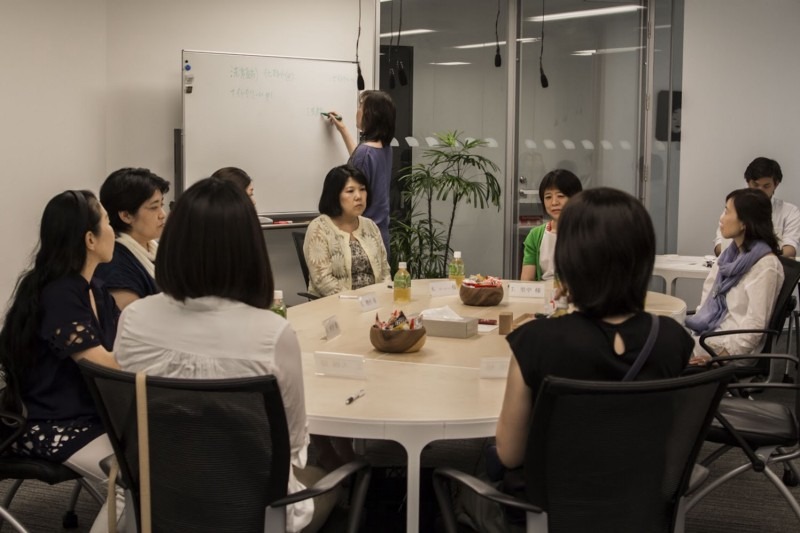At the beginning of this year, I predicted a “perfect marketing storm” in terms of the rapid evolution of both sales/distribution channels and consumer communications channels, requiring companies in Japan — whether foreign or domestic — to work even harder than before in order to capture and maintain customer favor. We all sensed that 2011 was going to be a challenge from a marketing viewpoint, even before the terrible events of March 11th and their aftermath.
However, out of adversity there are always opportunities. Perhaps Darwin put it best when he said, “It is not the strongest of the species that survive, nor the most intelligent, but the one most responsive to change.”
That axiom can certainly be applied to the marketing world, in which response to change has always been a critical success factor. Dimensions such as the magnitude and speed of change only heighten the negative impact of non-response or poorly-conceived response.
What can all companies (again, whether foreign or domestic) do to better leverage the strategic marketing necessity of “informed response to change” in an increasingly dynamic world?
One basic step is to systematically manage the way that decision-making information is obtained and utilized. All companies have mechanisms in place to monitor finance-related activities. But many are lacking a well-coordinated approach to keeping abreast of broader-based market information that is also critical for decision-making. Having a robust system in place is especially useful in times where speed is of the essence.
The elements of a well-coordinated approach are simple:
First — List up relevant facts and figures needed for decision-making (i.e. everything from market size and segmentation to competitor pricing to consumer brand awareness). Identify gaps for further exploration, and prioritize the items.
Next — Decide on the most efficient means of fulfilling these information gaps. Some statistics can be garnered from published sources; however, since they are often dated, custom development of certain statistics is usually required. Both customers and suppliers are a valuable source of “real-time” information, if cultivated properly.
Ongoing — Monitor, update, and fill gaps on a regular basis. Having one person “champion” this activity (including regular reporting requirements), is important since otherwise things will slip, and the information won’t be all that it can be — nor will it be “fresh” when it is needed in times of crisis.
Of course, just having information at hand is not enough. Companies need to constantly take stock and reassess how they are utilizing available resources and information in order to make meaningful marketing decisions, which are typically classified in at least four key areas (identified long ago as the “4 P’s of Marketing: Product, Price, Place and Promotion”). Over the years, these have been expanded to “the 5 P’s” or “the 7 P’s” to include one or more of the following, depending upon whom you are talking to: Packaging, People (employees who interface with customers), Process (the customer experience), Positioning, or in the case of a service, Physical evidence (the material part of a service — which can be packaging, business cards or even a website). Naturally, the marketing elements and their prioritization changes depending on the type of product or service involved, and sometimes depending on the industry as well.
Ensuring a clear company view of these important marketing elements and how they are leveraged on an ongoing basis is part and parcel of being able to respond to change — especially dramatic and rapid change — in an intelligent and timely manner.
Debbie Howard is Chairman of CarterJMRN and President Emeritus of the American Chamber of Commerce in Japan.
Originally Published in Nikkei Weekly, 6th June 2011
CarterJMRN is a strategic market research agency that has been helping clients with consumers and businesses in Japan and beyond since 1989.
We believe that, although the terrain you face in building a successful marketing strategy and activation path sometimes seems obscure, the path to success is knowable and that the consumer is the guide who will show you the way.
Find out more and get in touch on our site

